Talk Overview
Dr. Megan Sykes provides an introduction to the field of organ transplantation and discusses the immunological responses associated with this procedure. Rejection is a major limitation to the success of transplantation. Sykes explains what causes rejection episodes in different types of transplantation, and outlines what we can do to prevent this from happening.
As Sykes explains, the Holy grail of transplantation is tolerance, the long-term graft acceptance without the long-term use of immunosuppressants. Sykes and collaborators developed a hematopoietic cell transplantation and mixed chimerism technique that proved to induce true tolerance in humans. They showed that transient mixed chimerism, the co-existence of donor and recipient hematopoietic elements, was detected in patients where tolerance was observed. Sykes reviews the clinical trial results and explains the experimental techniques used to study the molecular features that predict tolerance and low rates of organ rejection in patients.
In her third lecture, Sykes provides an overview of xenotransplantation, the use of organs or grafts from other (non-human) species. She outlines the challenges encountered with cross-species transplantation, and how scientist have been able to overcome these difficulties. Sykes and other laboratories are exploring the use of miniature pigs for xenotransplantations to humans. Sykes shows the outcome of xenotransplantations performed between different species (e.g. rat to mouse or pig to baboon), and what scientists have learned from these results.
Speaker Bio
Megan Sykes

Dr. Megan Sykes is the Friedlander Professor of Medicine, a Professor of Microbiology and Immunology and a Professor of Surgical Sciences at Columbia University Medical Center, and the director of the Columbia Center for Translational Immunology. In 1982, Sykes completed her medical degree at University of Toronto and continued her medical training in Montreal and… Continue Reading
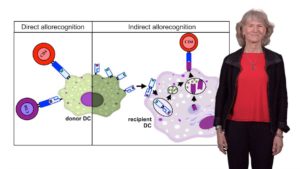
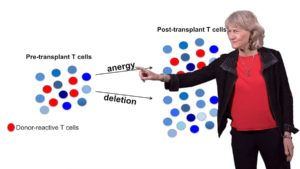

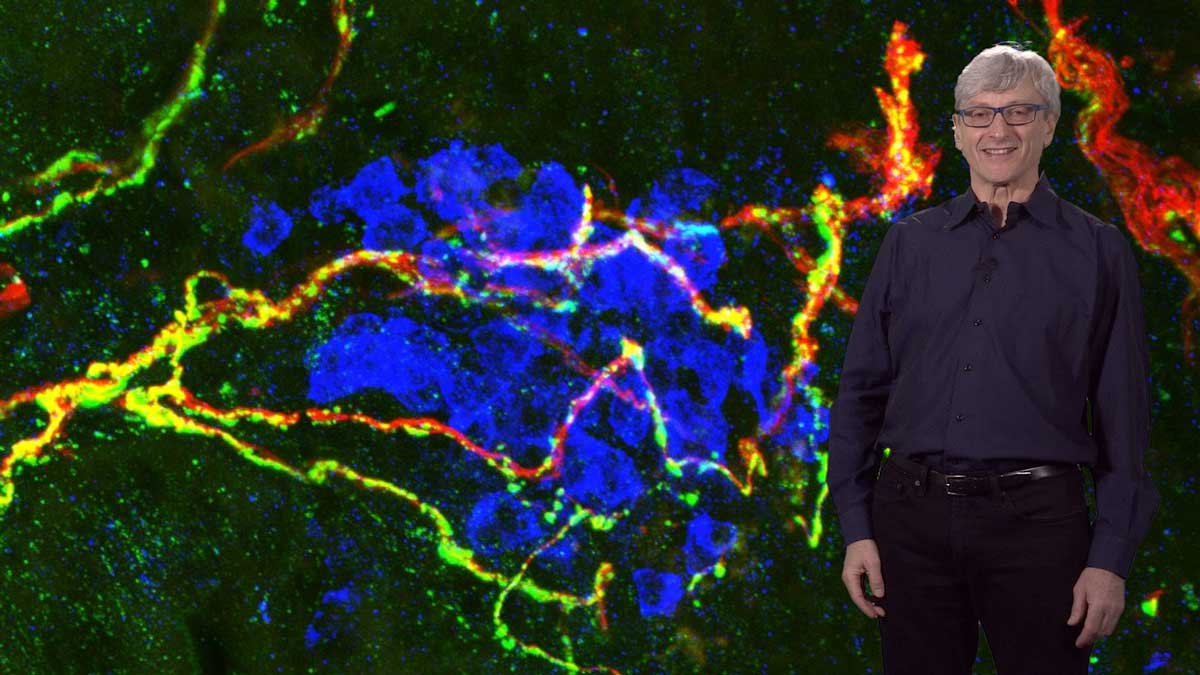
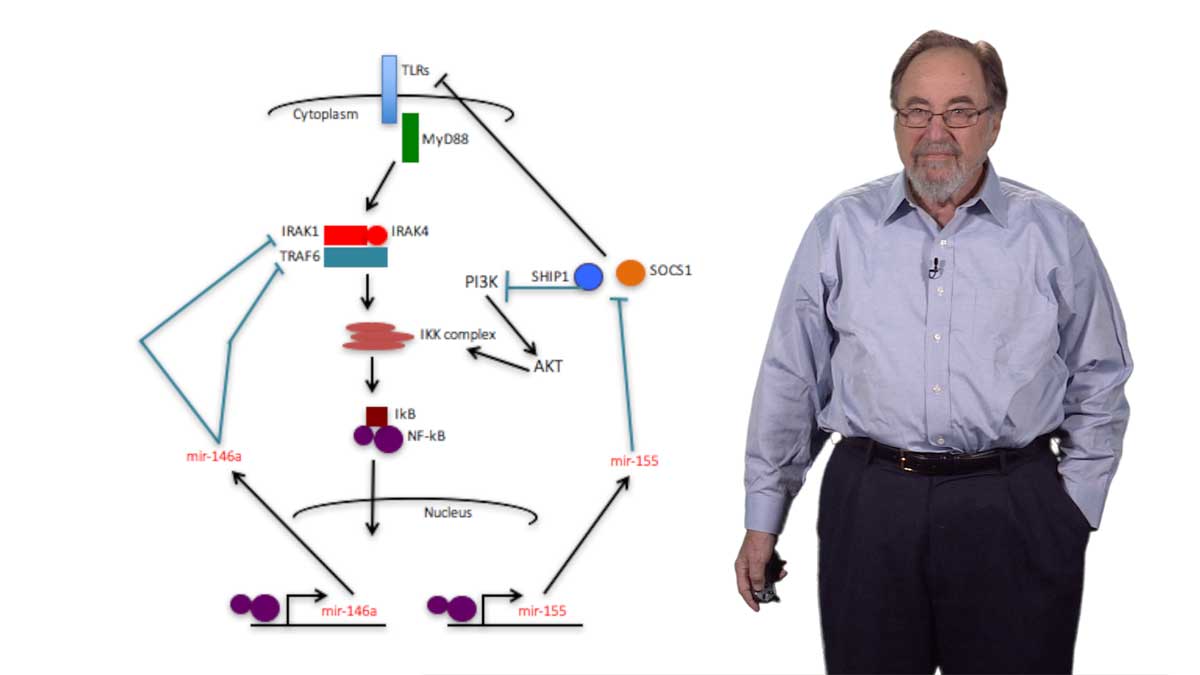
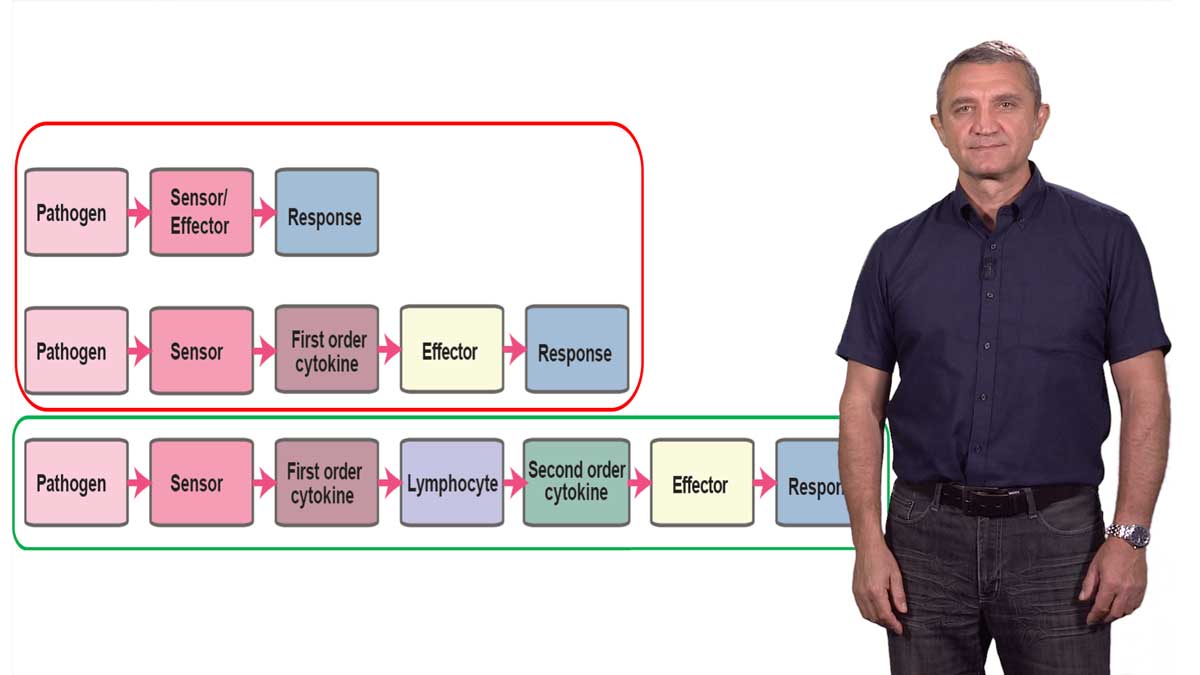
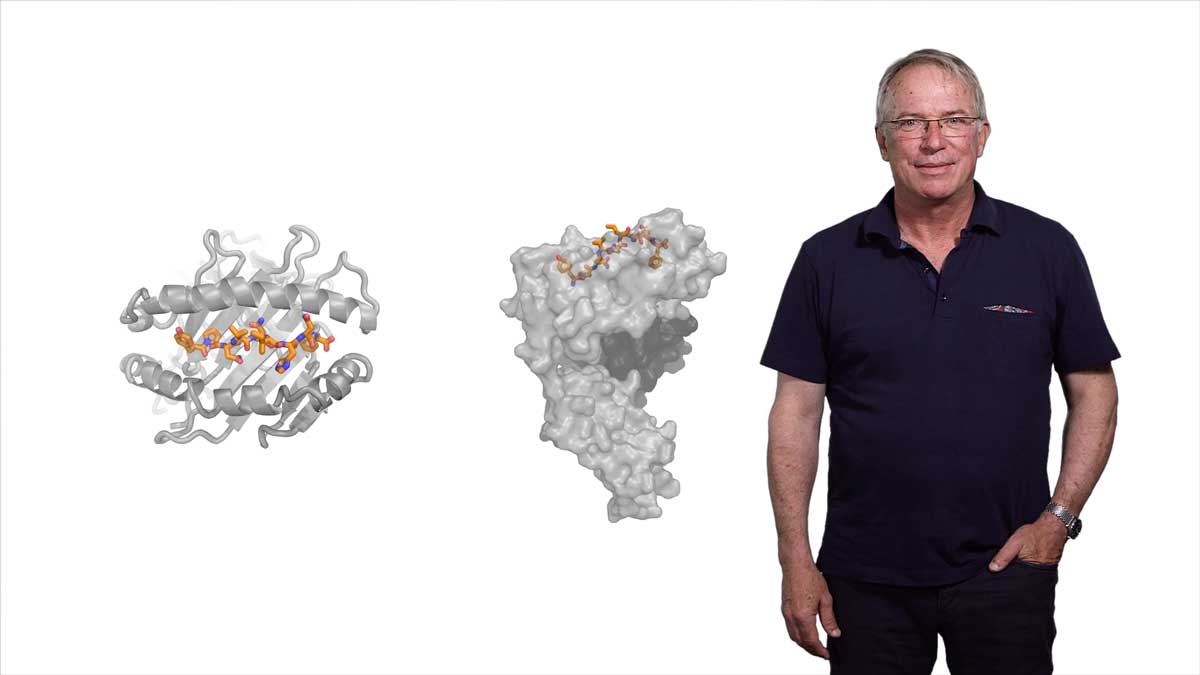





Leave a Reply